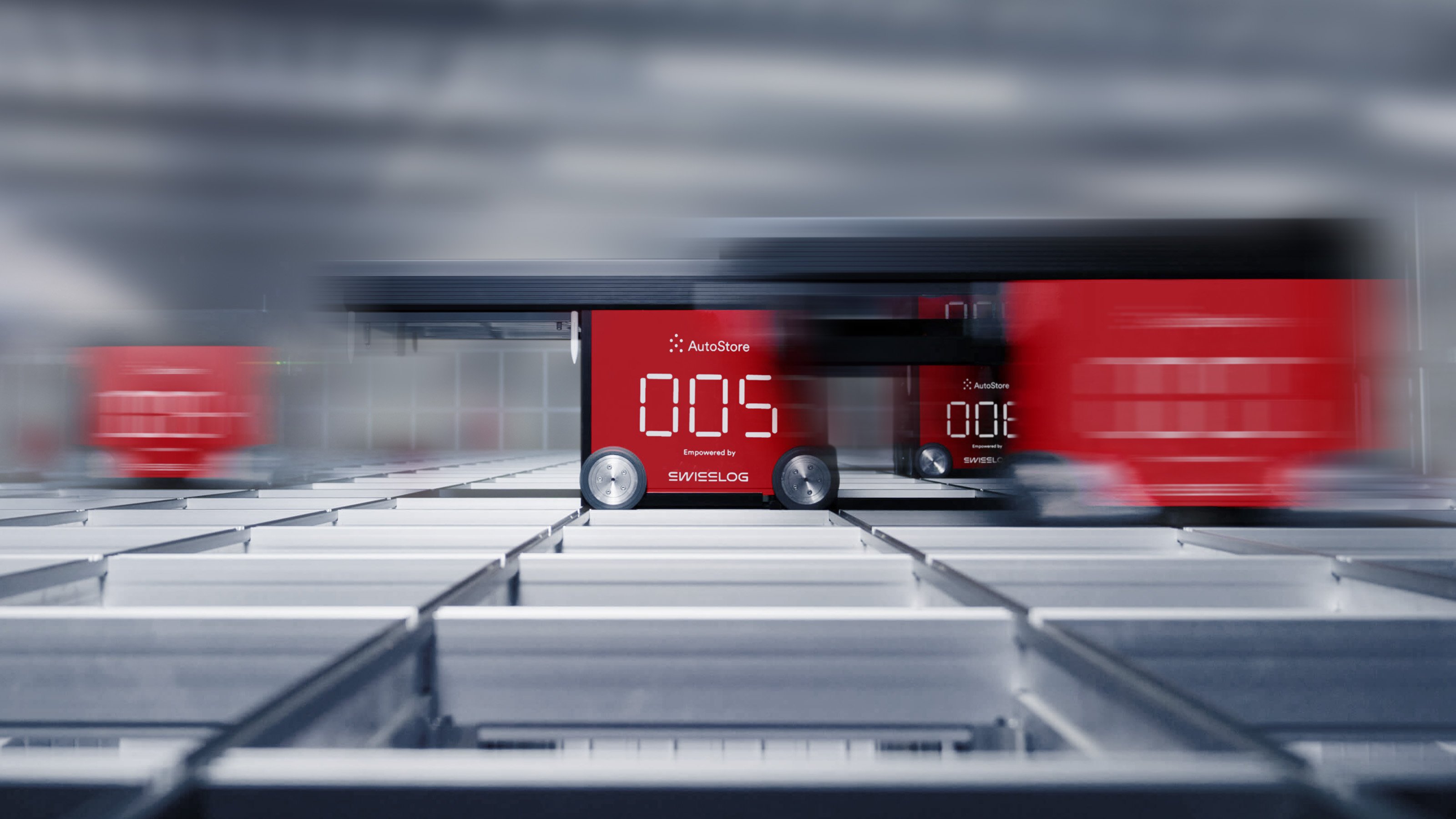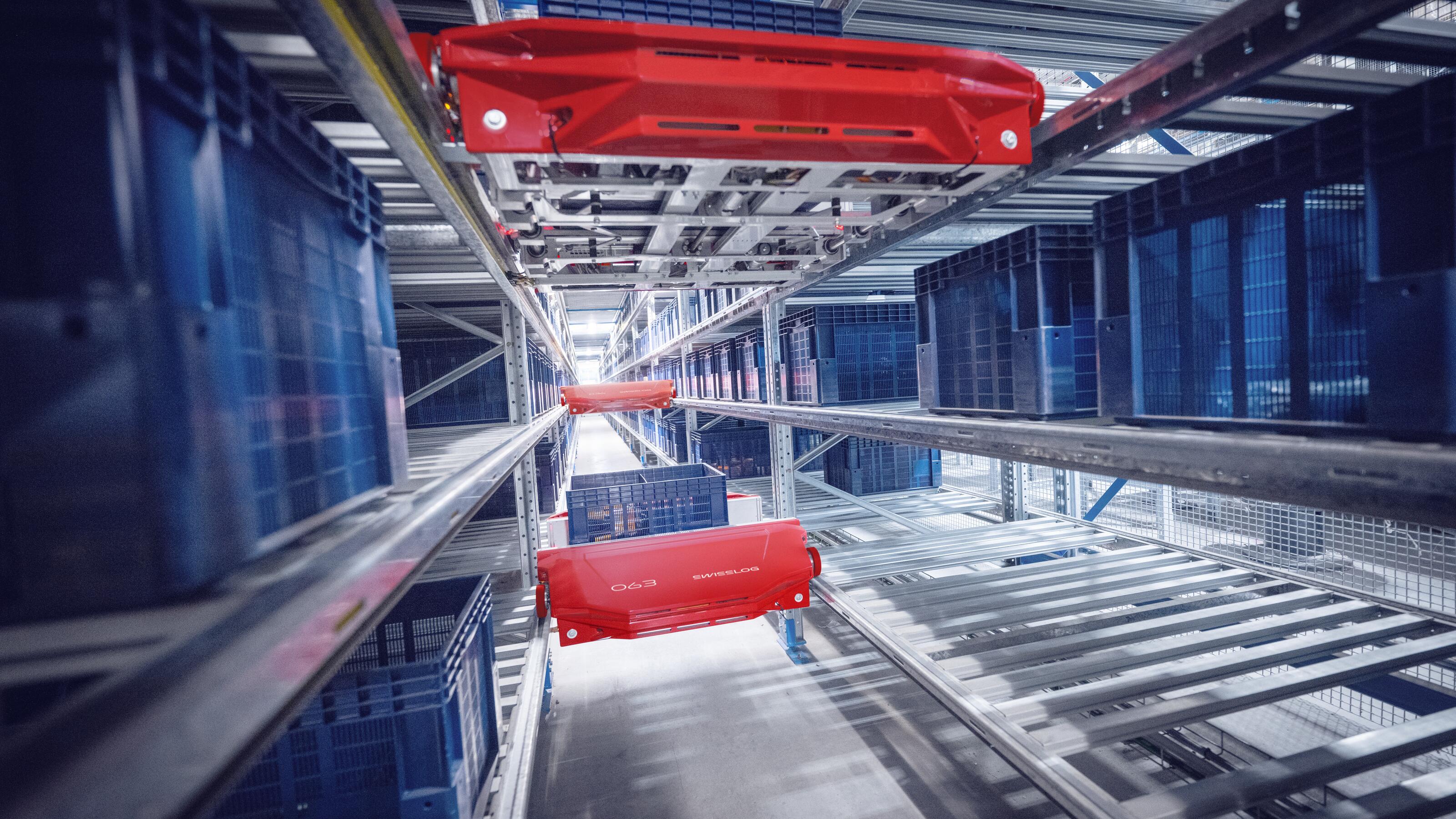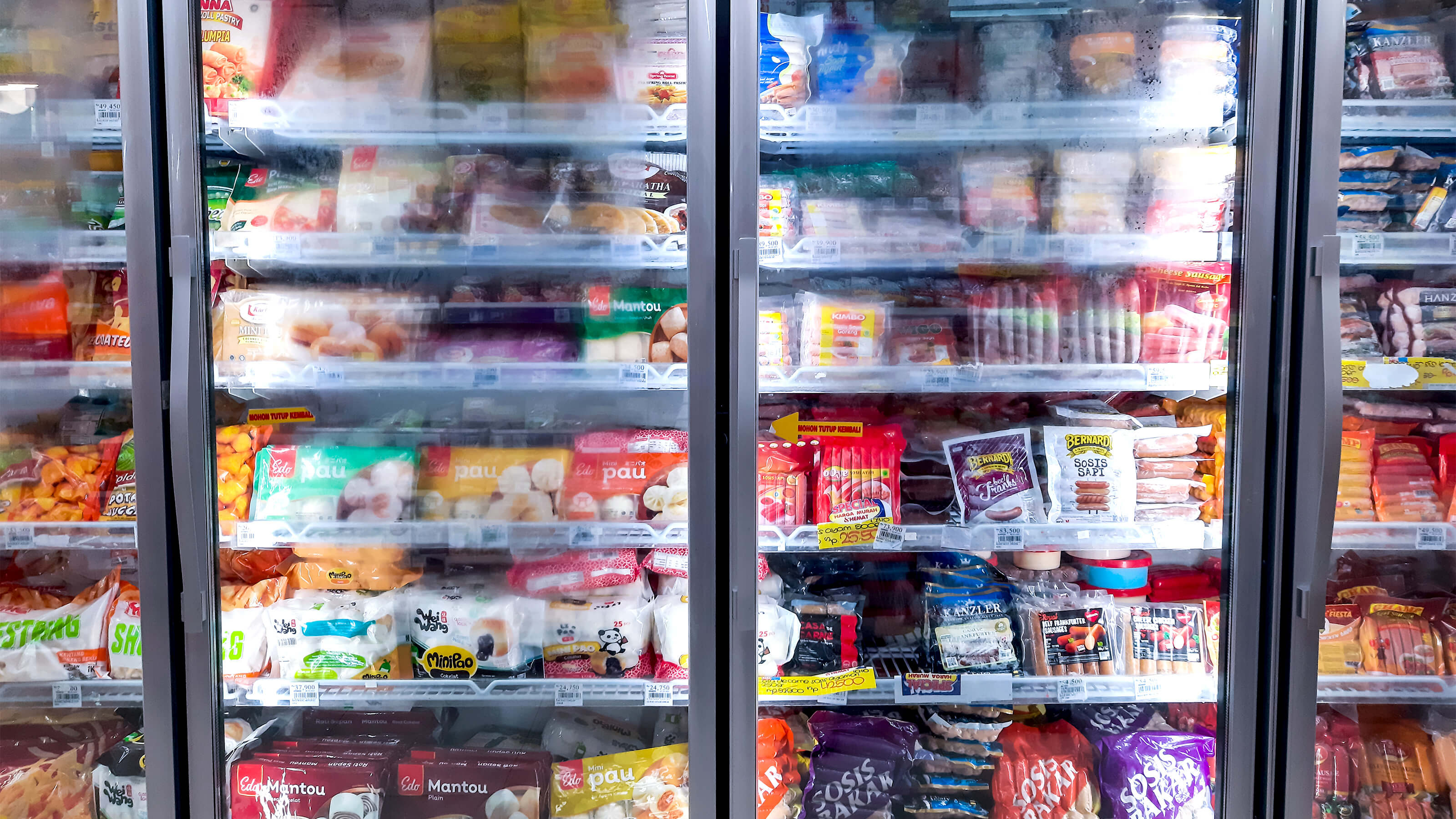Some of the measures businesses have taken to reduce the impact on their logistics processes are; widening delivery windows, turning traditional stores into dark stores, directing inventory to busy locations, bypassing distribution centres, staggering shifts for safety, stopping operations for cleaning, lowering online order size, relaxing return windows, and capping purchases of high demand products.
Needs have changed, consumer priorities have changed, the way we shop has changed – now stores and their supporting supply chains must change as well.
Customer requirements
At Swisslog, we have been speaking with many of our customers about their challenges throughout the COVID-19 period. Traditional infrastructures in many cases were not sufficient to cope with a new level of service and it has been demonstrated that warehouses are experiencing a weak performance for e-commerce and omnichannel.
To support businesses with this challenge, we came up with the idea to develop a soft offer logistics model concept. It would be easily and quickly deployed within a running supply chain to improve the logistics capacity in terms of stock, performance, and by consequence, even the level of service to customers. Investment in automation could also be a way for a company to prepare for the future. For example, to fulfil the need to increase the share of the online business as a plastic deformation.
To implement a solution in the fastest way, we believe that standardization will be the key for success. Automation used to be seen as a bit of a monster to be deployed after long and exhausting investigations of numbers, figures and layouts.
But imagine for a moment that if you could have a black box provided to you in a matter of a few months after the decision is taken. With a performance capability of 1,000 order lines per hour, allowing you to run an additional 20-24,000 order lines per day – would you consider this to be an opportunity for the future and to cope with the new business challenges? This is the question we ask our customers.















